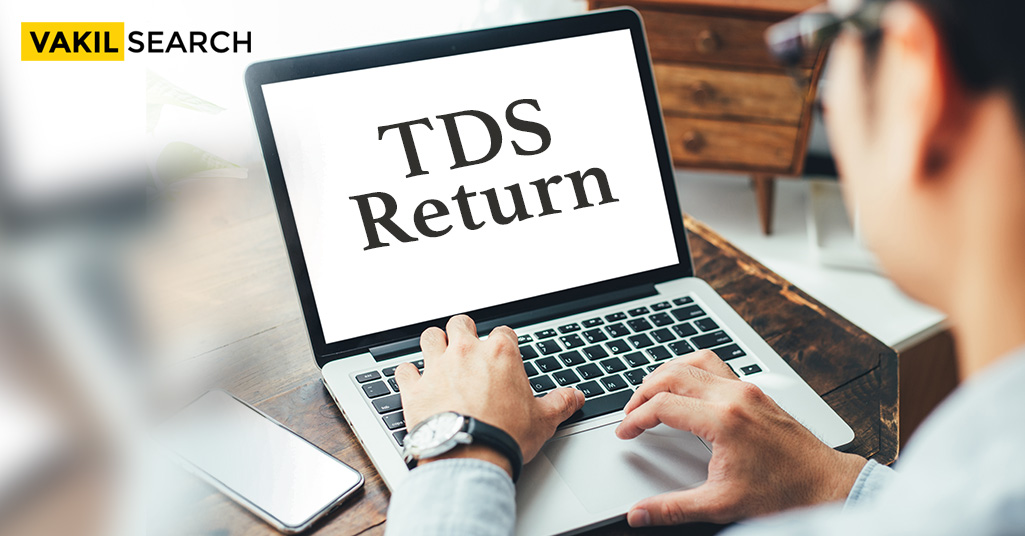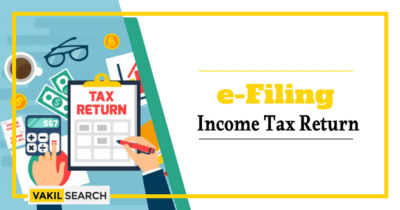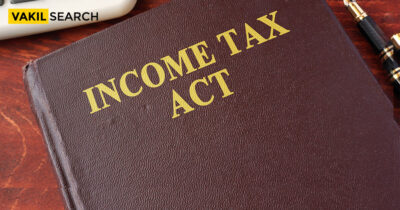In this article we examine the consequences of delay in payment of taxes.
The term ‘tax defaulter’ has not only legal repercussions but can also have social repercussions. Of course, people try to squeeze as many tax benefits as they can out of their income to reduce the tax liability. But Tax evasion as such is not something anyone is comfortable with. It is considered one of the most sacred duties of a responsible citizen, almost at par with voting. But something that people don’t pay income tax due attention to is that there is a difference between tax evasion and tax default. Tax evasion is when someone deliberately manipulates the system to avoid paying taxes. Tax default is someone who simply hasn’t paid his or her taxes. There is no intention to cheat or manipulate the system to get away. So tax default is not a crime per se. Tax evasion is. There can be several reasons for a person to default on his or her taxes.
Let us first acknowledge the fact that the Indian system of taxation is the most complex system in the world. In the process of making the tax burden as equitable as possible, it has turned into this incomprehensible and grotesque framework that is uneasy to fathom. Add to that illiteracy and poor educational infrastructure even amongst the middle class. The possibility of someone defaulting on their income tax liability out of sheer ignorance can be very easily conceivable. And you can’t criminalise someone over ignorance. However, there has to be some sort of penalty so as to create a distinct reminder in the defaulter to not repeat the same in the future. Hence, the steps to be followed when someone defaults on the payment of income tax have been laid down in section 234F of the income tax act. Let us take a look at these steps.
Steps to be taken in case of default of income tax
The first step to be taken in the event of realising that income tax has not been paid or paid lesser than it should have been paid, is to immediately file an income tax return as soon as you realise the default, along with all the details.
Once the tax liability in default has been calculated,then the penalty is determined in reference to section 234F. The penalty is determined by the income tax department based on several factors such as the amount of delay, the volume of the transaction, the nature of the transaction and the authenticity of the case. However, the section has also defined the outer limit or the maximum amount of penalty that can be imposed in case of default. This depends on the income of the individual in the year of default tax is being paid. If the income of the defaulter is less than ₹5,00,000 then the penalty cannot be more than ₹1,000. And if the income of the defaulter is more than ₹5,00,000, then the penalty cannot be more than ₹5,000.
And then , after calculating the tax liability and the penalty, the amount of delay is accounted for in terms of the opportunity cost suffered by the department in terms of loss of revenue for that period. Opportunity cost is the cost of the lost opportunities suffered by the department on not being able to put the tax revenue to use due to the default. So this is calculated by calculating an interest of 1% of the default amount per month, or 12% per annum.
Paying income tax defaulted in previous years
Let us study this with an example. Z quit his job to start an online business in 2014. There was no revenue for the year 2014-15 except three months of salary he had received prior to quitting. The tax on the salary had been deducted as TDS by the company and online TDS payment was made. However, in the year 2015-16 he made a business profit of ₹3,50,000. Before the end of the year, he received a scholarship for further education abroad, which he accepted and left for immediately. On returning to India four years later, he revived his online business. At the end of the year, while getting his income tax return filed, his CA examined his bank statements and noticed that he had not paid taxes on business income of ₹3,50,000 in the year 2015-16 and had been in default for five years now (four years while he was abroad and one year after return from abroad). So let us see what his penalty works out to.
Use the Income tax calculator on Vakilsearch to quickly calculate your taxes and submit your ITR 6 Filing.
Since his business income for the year is less than ₹5,00,000, his penalty cannot exceed ₹1,000. Now let us first calculate his Income tax liability. Now the tax slab for the financial year 2015-16 was as follows.
|
Upto ₹3,00,000 ₹3,00,000 to 5,00,000 ₹5,00,000 to 10,00,000 ₹10,00,000 & above |
NIL 10% of the amount exceeding ₹3,00,000 ₹20,000+20% of the amount exceeding ₹5,00,000 ₹1,20,000 + 30% of the amount exceeding ₹10,00,000 |
So the income tax liability for that year will be:.
Upto ₹3,00,000 will be Nil. The remaining business income carried over to the next slab is ₹50,000
₹3,00,000 to ₹5,00,000 is 10% of the amount exceeding ₹3,00,000. So 10% of ₹50,000 is ₹5,000.
So the tax liability for the year 2015-16 is ₹5,000.
On this amount we calculate an annual interest of 12% for five years. 12% of ₹5,000 comes to ₹600. ₹600*5, we get ₹3,000. So the total amount payable for tax defaulted in the year 2015-16 comes to:
Income tax in default: ₹5,000
Interest on income tax in default: ₹3,000
Penalty on income tax in default: ₹1,000
Total amount payable: ₹9,000.
Hence, Z can pay the income tax defaulted five years back by paying ₹9,000 along with filing type in ITR: https://incometaxindia.gov.in/Pages/Deposit_TDS_TCS.aspx in the year 2023-24.
Conclusion
Matters pertaining to income tax, especially defaults and penalties, can be very anxious situations if there is a lack of understanding of the tax system and its operational dynamics. So it is always important to be in touch with a tax expert who can analyse your financial situation from time to time from a taxation point of view so that you do not end up in situations such as these. If you want to talk to a tax expert, get in touch with us today and we will make sure you are connected to the right professional for you who can answer your queries and guide you with planning your financial activity.
Read More Articles:










